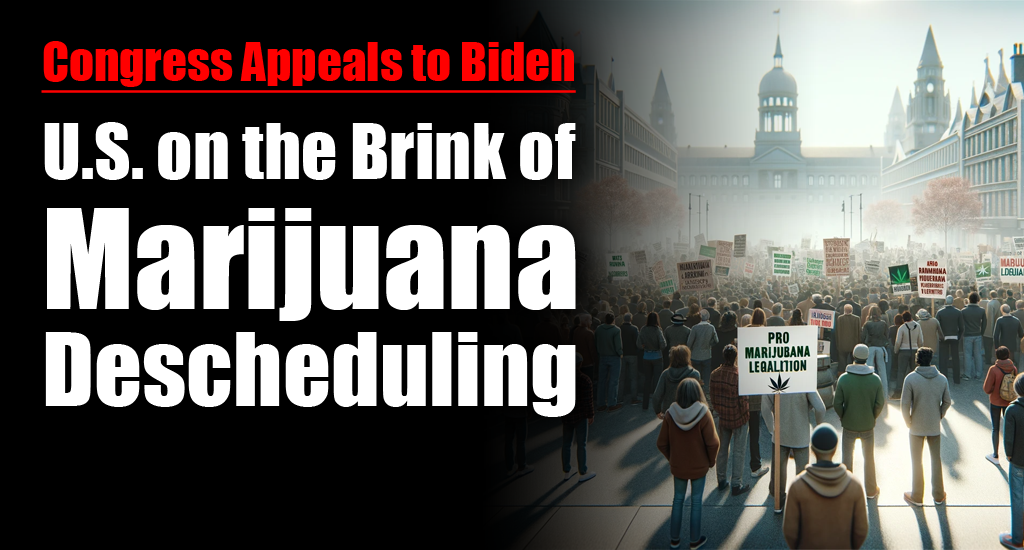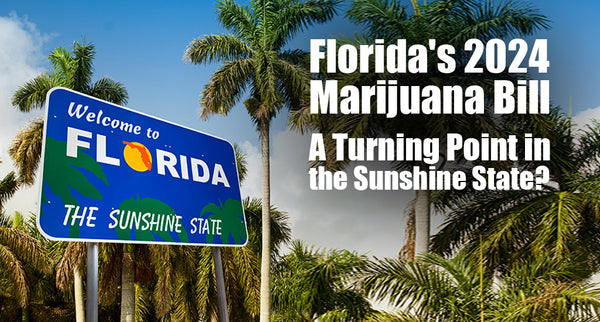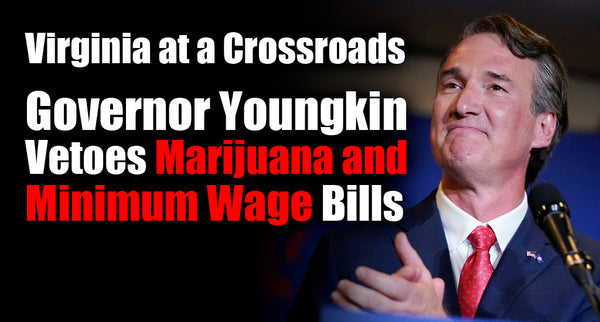
Congress Appeals to Biden: U.S. on the Brink of Marijuana Descheduling
In recent times, a significant shift in the political and societal stance on marijuana has been observed. Despite being classified as a Schedule I drug under the Controlled Substances Act, implying high potential for abuse and no accepted medical use, the real-world scenario tells a different story. With 40 states and Washington, D.C., legalizing cannabis in some form, a stark contrast between federal laws and state-level acceptance is evident.
The Biden administration, influenced by the Department of Health and Human Services' recommendation, is currently considering rescheduling cannabis. This move, propelled by a group of Senate Democrats led by Elizabeth Warren and John Fetterman, signifies a potential paradigm shift in the federal policy on cannabis.
The Case for Descheduling Marijuana
The current classification of marijuana alongside drugs like heroin and LSD is increasingly seen as outdated and incongruent with public opinion and scientific understanding. Senators, including Kirsten Gillibrand, have been vocal in advocating for the descheduling of marijuana, citing the harms caused by its Schedule I status to communities and patients seeking medical relief.
The calls for descheduling are grounded in the need for access to medical cannabis, especially for patients preferring it over prescription opioids. Furthermore, the classification has been a major impediment to research, limiting our understanding of marijuana's potential benefits and risks.
Implications of Rescheduling vs. Descheduling
The debate between rescheduling and descheduling marijuana centers on the extent of change each would bring. Rescheduling to Schedule III, as suggested by HHS, would categorize cannabis alongside drugs with moderate to low potential for dependence, such as ketamine and testosterone. This could lead to significant tax relief for cannabis businesses and ease in research and medical use.
However, critics argue that rescheduling does not address the fundamental issues of criminalization and the continued penalization, especially in communities of color. Descheduling, on the other hand, would completely remove marijuana from the Controlled Substances Act, aligning federal law with the growing state-level legalization trend and potentially opening up a more regulated and accessible market.
Conclusion
The current momentum towards descheduling marijuana represents a significant moment in U.S. drug policy. With bipartisan support and a growing public consensus, the Biden administration faces a critical decision that could reshape the legal landscape for cannabis. The move towards descheduling aligns with a broader trend of recognizing the potential benefits of cannabis, reducing harm from criminalization, and acknowledging the incongruence between federal and state laws. As the DEA considers its position, the implications for medical research, business, and social justice remain pivotal factors in this ongoing debate.
Leave a comment
Comments will be approved before showing up.



